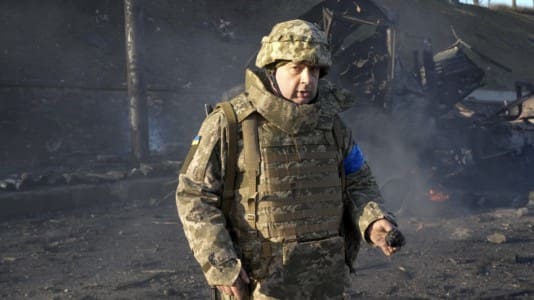Polish philosopher, Prof. Jacek Hołówka of Warsaw University, has appealed to Poles to remain calm and to keep a sense of proportion regarding the current state of play in Ukraine.
In an interview for Dziennik Gazeta Prawna (DGP) daily, he said that Poles should be willing to assist Ukraine but should not compromise their own security in the process.
Hołówka warns against striking alarmist tones about Poland’s security and territory being under direct threat, believing that propaganda and surveillance is creating anxiety. He also believes that as in George Orwell’s “1984,” the world is facing a three-way division between the superpowers with each of them attempting to solve their internal problems by projecting an external threat. Such a projection enables each superpower to reach for special powers only available in an emergency over resources, energy and maintaining security.
[pp id=30244]
Since it is Russia which is currently facing the biggest internal problems, it is not surprising that it is most likely to seek a diversion in the form of a war in Europe.
The philosopher appeals for Polish unity and realism, and that realism means an understanding that Poland cannot afford a direct confrontation with Russia, and that this has to be borne in mind when helping Ukraine. That help cannot compromise Poland’s future and lead to Poles becoming divided by external forces.
Hołówka feels that Poland must avoid being made to choose between the United States and the European Union, and calls for Poland to avoid needlessly participating in disputes in which it is not a serious partner.
While he finds Polish sympathy for Ukraine understandable, he feels that it is important to understand that Poland and Ukraine are different. Poland is in both the EU and NATO; it is a country with a Latin and Catholic culture.
Hołówka dismisses any analogy between today and 1939. He argues that, unlike Hitler, Russia does not plan to rule the world. It just needs an external enemy to cope with its own internal problems. Its autocratic style of government requires the pursuit of national myths.
The philosopher concludes by stating that Poles should avoid taking part in disputes to which we are not really a party. Since we are not a serious partner for the U.S., Russia or even the EU, Poles need to act in a pragmatic fashion.




